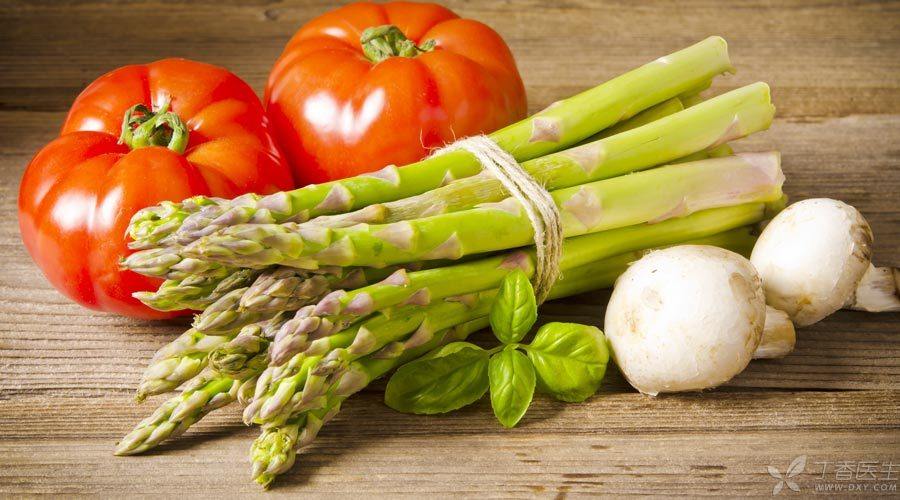
Gout patients all know that eating too much food with high purine content will lead to an increase in uric acid and even induce gout, so avoid eating it.
However, there are so many delicious foods in the world that there will always be some uncertain foods. At this time, some friends will check on the Internet, but the results are often as follows:
Asparagus has extremely high purine content and cannot be eaten, cauliflower has high purine content and cannot be eaten, bean sprouts have high purine content and cannot be eaten, spinach cannot be eaten…
It seems that you can’t even eat many vegetables with gout. Is this really the case?
Purine content is not the only judgment index.
Previous concepts have defined which gout cannot be eaten, which should be eaten less and which can be eaten freely according to the purine content of food.
It is true that it is desirable to control the diet according to the purine content of the food before sufficient clinical evidence is available. However, purine is not the only substance in the [active ingredient] contained in the food, and it is likely to be misunderstood to consider only the purine content when analyzing the influence of the food.
If only purine content is considered, we can come to seemingly reasonable conclusions such as [white granulated sugar is the most suitable food for gout because it does not contain purine] [gout can eat more salt because it does not contain purine]. However, the fact is that although white granulated sugar does not contain purine, it does not contain nutrients such as vitamin C and cellulose, and its nutritional value is not great. Although salt does not contain purine, it may increase the risk of diseases such as hypertension.
Therefore, when evaluating whether a food is suitable for gout, it is not enough to consider purine content alone.
Bean products, once misunderstood food
Beans and bean products are common delicacies on the dining table, and are very fond of eating, including the author himself. However, almost every gout patient knows that [bean products have high purine content and cannot be eaten].
However, according to credible clinical studies, The total amount of legume food intake is negatively correlated with the prevalence rate of hyperuricemia, that is to say, the more legume food intake to a certain extent, the lower the possibility of hyperuricemia. Although legume food can lead to an increase in uric acid synthesis, it also contains substances that promote uric acid excretion, and the latter has a more significant effect.
However, bean products will lose most purine during processing, so bean products are more beneficial to gout patients than beans.
However, there are also special circumstances. Some patients with gout or hyperuricemia have high creatinine and even meet the standards of chronic kidney disease. Nephrology doctors need to be consulted when eating bean products at this time.

High purine vegetables such as asparagus can be eaten.
Just as drugs need clinical verification, the impact of food on human body ultimately needs to be confirmed by clinical evidence.
Influenced by the concept of “only purine is from”, many gout patients even include asparagus, mushrooms, cauliflower, spinach and other vegetables with high purine content in the “forbidden zone”. Is this really the case?
The answer is, of course, no, these vegetables are completely edible.
From a nutritional point of view, asparagus, spinach, mushrooms, green beans, bean sprouts, cauliflower and other vegetables, some rich in cellulose, some rich in vitamins, are good food sources.
At the same time, many clinical studies in recent years have shown that eating these purine-rich vegetables does not increase the level of uric acid and the incidence of gout. Eating a large amount of vegetables in a short period of time can also play a certain role in alkalizing urine, which is conducive to uric acid excretion.
Spinach is worth mentioning among these vegetables, because it is rich in oxalic acid, and it is generally believed that oxalic acid and uric acid have a competitive relationship in the kidney, that is to say, oxalic acid will reduce the excretion of uric acid in the kidney, so it is necessary to blanch water before eating spinach to reduce oxalic acid.
In short,For patients with gout and hyperuricemia, we encourage them to eat more vegetables in an appropriate amount and are not limited by purine content in vegetables.
